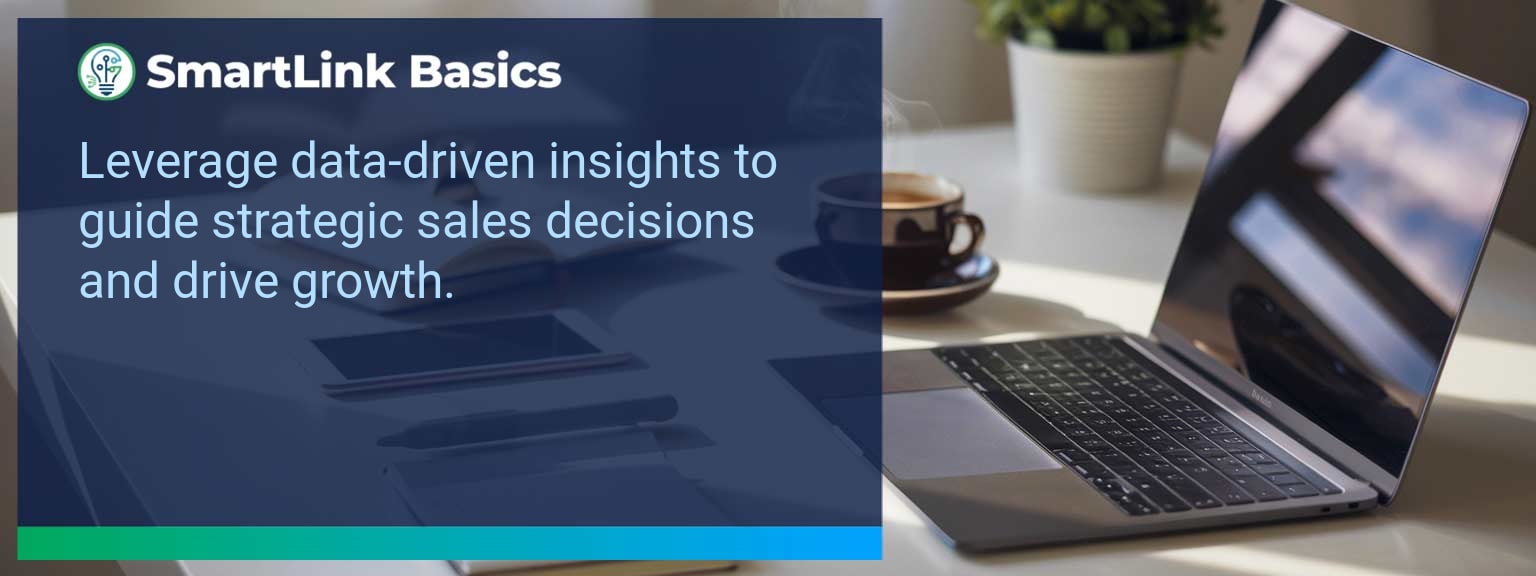High-performing sales organizations grow revenue 2.4 times faster when coaching is consistent and data-driven, according to CSO Insights. For sales leaders balancing large teams, scaling that coaching is a strategic challenge. At SmartLink Basics, we focus on providing frameworks and AI-driven techniques that help leaders meet these demands without diluting quality. AI Sales Coaching is now enabling precision, speed, and personalization previously impossible in traditional settings. This article will detail the obstacles sales leaders face, how AI tools solve them, measurable impact indicators, and where the future of AI-enabled sales leadership is heading.
- AI Sales Coaching standardizes and personalizes team development at scale.
- It removes skill gaps faster with targeted, data-based interventions.
- AI-driven training aligns sales leadership AI capabilities with company goals.
- Performance analytics make ROI measurable in weeks, not months.
- Emerging AI coaching tools improve adaptability for changing markets.
What Changed and Why AI Sales Coaching Matters Now
AI now processes thousands of sales conversations, CRM entries, and performance metrics in real time. This capability lets leaders see exactly where a rep struggles—whether in discovery questions, objection handling, or closing techniques. The speed of analysis allows for near-instant coaching adjustments. For example, an AI platform can notify a manager mid-quarter that 40% of reps are losing deals due to late-stage pricing objections, prompting a focused workshop. Sales leadership AI is no longer optional for competitive teams. Integrating AI into coaching ensures consistent methodology, shortens skill acquisition time, and protects against revenue volatility.Common Obstacles In Coaching Large Sales Teams
Leaders often struggle to scale personal coaching without losing depth. High rep-to-manager ratios, inconsistent tracking, and subjective feedback reduce training effectiveness. Without AI, it’s harder to detect emerging market shifts hidden in rep pipelines. For example, a team of 60 reps might produce thousands of call notes monthly—manual review is impossible. Missed insights delay corrective action, impacting quarterly results. The consequence is uneven productivity where only top performers maintain quota. To counter this, leaders must adopt AI coaching tools with embedded performance analytics. These tools uncover gaps not just in skills but in process compliance, allowing managers to intervene precisely.Leveraging AI Tools For Effective Coaching
AI-driven training platforms combine call analysis, CRM data, and learning management systems to form a unified coaching view. Virtual coaching modules adapt to each rep’s history, delivering practice scenarios tied to actual recent deals. For instance, if AI detects that a rep fails to advance deals from proposal to close, it can recommend role-play simulations focused on negotiation. This prevents skill decay and boosts retention. Sales enablement now benefits from integrating AI coaching tools directly into operating cadences, ensuring every coaching moment is contextual, relevant, and measurable.Measuring Success And Performance Gains
AI coaching allows for precise tracking of inputs (rep activities) and outputs (sales results). Sales leaders gain access to leading, lagging, and quality metrics at both individual and team levels. These insights accelerate decision-making by showing not just “what happened” but “why.” For example, if quota attainment stalls despite high activity, AI can highlight that reps are targeting a low-conversion buyer segment. Leaders can then pivot messaging or target accounts instantly.| Category | Metric | Definition | Target |
|---|---|---|---|
| Leading | Coaching Session Attendance | % of reps attending scheduled peer coaching | 95%+ |
| Leading | CRM Activity Accuracy | % of deals updated weekly in CRM | 90%+ |
| Lagging | Quota Attainment | % of reps hitting assigned revenue targets | 80%+ |
| Lagging | Conversion Rate | Opportunities won ÷ total qualified leads | 25%+ |
| Quality | Peer Feedback Score | Average rating from learning pod members | ≥ 4.0/5 |
| Quality | Engagement Index | Composite of meeting participation, collaboration input, and survey feedback | Set baseline, then +10% QoQ |
Emerging Trends In AI-Driven Sales Development
Virtual coaching assistants will soon simulate real client objections with natural language AI, allowing reps to practice in high-stakes scenarios without customer risk. Predictive analytics will flag at-risk deals earlier, linking coaching moments to specific forecast adjustments. Sales team training will rely heavily on role-personalized learning paths, adapting by market conditions and buyer behavior shifts. Leaders who implement this early secure a competitive edge by aligning skill development directly with revenue priorities. <Get the 90-day plan, coaching rubric, and dashboard template to operationalize AI in your enablement program.









